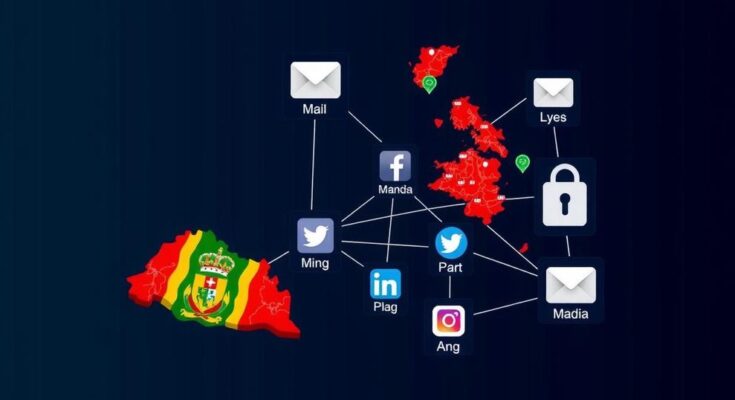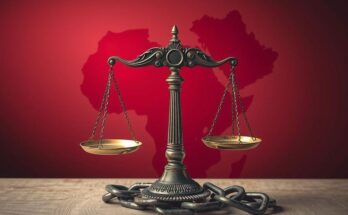Mauritius lifted a recent social media ban just before elections due to public outcry. The government had implemented the ban following explosive leaked audio revealing misconduct and potential threats to public safety. Amidst criticisms, the need for transparency and accountability prevails as investigations into the leaked recordings commence.
In a dramatic turn of events, the Mauritian government swiftly rescinded a controversial ban on social media just days before the impending general elections on November 10. Initially enacted on November 1, this suspension aimed to curb access to platforms amid alarming leaks of audio recordings deemed a threat to public safety and national security. However, an uproar from business sectors, civil rights advocates, and political opponents compelled the government to retract such a restrictive measure within 24 hours, underscoring the vital role of social media as a conduit for information and expression in democratic processes. The ban was triggered by unsettling audio recordings that surfaced online, revealing conversations among politicians, police personnel, and diplomats, sparking outrage and concern. One particularly chilling conversation involved a senior police officer allegedly persuading a doctor to manipulate a report concerning a death in custody. This shocking revelation has prompted a judicial inquiry into the circumstances surrounding this tragic event, illustrating the urgent need for accountability within the nation’s law enforcement. The recordings appeared anonymously, shared under the pseudonym Missie Moustass, who described themselves as “a simple civil servant who can no longer stay silent.” Despite the administration’s assertion that these recordings were tampered with using artificial intelligence, those implicated have come forward to confirm their legitimacy, raising serious questions about the integrity of the authorities involved. In response to the crisis, a commission of inquiry has been established to scrutinize the alleged misuse of telecommunications, symbolizing a pivotal moment in Mauritius’ governance. As a lifeline to political engagement and free expression, social media platforms have become essential not just for politicians but for engaged citizens seeking transparency in governance. While the government’s initial decision to impose a ban was quickly overturned, it momentarily jeopardized the populace’s right to vital information and expression during this crucial electoral period. The overarching call now is for the Mauritius government to pursue an exhaustive investigation into the troubling revelations rather than silencing dissent.
The recent social media ban in Mauritius marked a significant clash between governmental authority and civil liberties just ahead of a major electoral event. The ban was instituted following the emergence of incriminating audio leaks that suggested serious misconduct among high-ranking officials. This incident not only reflects increasing tensions within the political landscape of Mauritius but also highlights the vital importance of unencumbered access to information, especially during an election where informed voter decisions are paramount. The backlash against the ban, resulting in its immediate reversal, illustrates the powerful voice of civil society and the essential role of digital platforms in modern governance.
The quick reversal of the social media ban in Mauritius is a testament to the resilience of civic engagement in the face of authoritarian challenges. As the nation gears up for elections, the demand for transparency and accountability has never been clearer. With the investigations into the leaked recordings now underway, the hope remains that Mauritius will emerge from this turmoil with strengthened democratic practices and a commitment to protecting citizens’ rights to information and expression. The saga illustrates not only the fragility of freedom in the digital age but also the unwavering spirit of a populace determined to uphold its democratic principles.
Original Source: www.hrw.org



